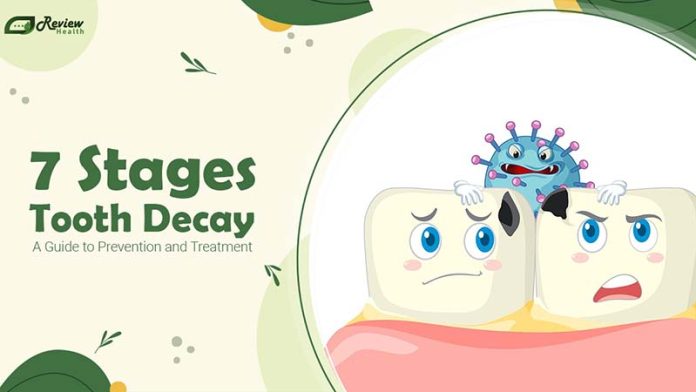Tooth decay, a condition caused by bacteria in dental plaque converting food sugars into damaging acids, progresses through various stages that can lead to cavities, abscesses, or tooth loss. Symptoms range from discomfort to swollen lymph nodes. The stage of tooth decay greatly influences these symptoms and outcomes, highlighting the need for thorough oral hygiene. This article explores the stages of tooth decay, treatment options, and preventive measures.
Stages of Tooth Decay
Dental plaque plays a crucial role in the process of tooth decay. Plaque is a clear, sticky film that coats your teeth and is composed of bacteria, food particles, and saliva.
If you don’t clean your teeth regularly, plaque can start to accumulate and harden over time, forming tartar. Tartar makes it harder to remove bacteria, further promoting decay.
There are generally seven stages of tooth decay. Let’s explore them in detail:
Early stages of tooth decay: Plaque and Bacteria: The Foundation of Tooth Decay
This stage starts with the formation of dental plaque, a sticky film mainly made of bacteria. When you consume sugary or starchy foods and drinks, these bacteria produce acids that attack the enamel of your teeth. Good oral hygiene, like brushing and flossing regularly, can prevent plaque buildup and the onset of decay.
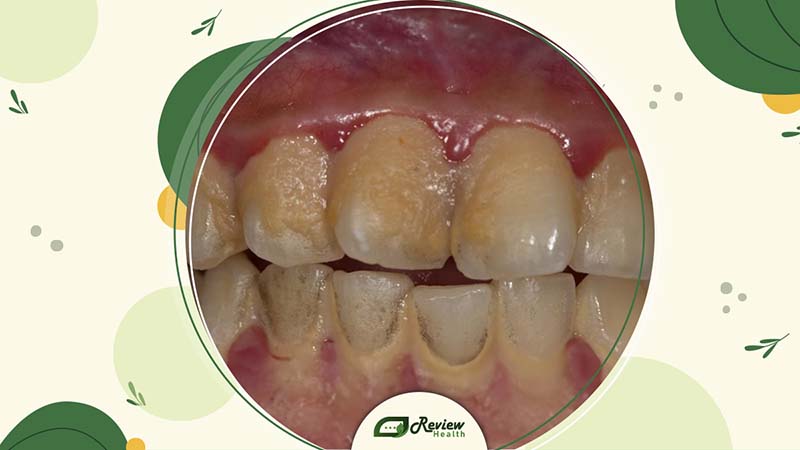
Stage 2: Enamel Demineralisation: Early Signs of Damage
In this stage, the acids from plaque begin to dissolve the tooth enamel, the hard outer layer of the tooth. This leads to the formation of white spots on the enamel, indicating early damage. These spots may not be immediately noticeable but can be detected by a dentist. Fluoride treatments can help reverse this damage by remineralizing the enamel.
Stage 3: Dentine Caries: Progression and Sensitivity
As decay progresses, it reaches the dentin, the softer tissue beneath the enamel. Since dentin is closer to the tooth nerve, you may experience increased sensitivity to hot, cold, and sweet foods. Treating dentine caries typically involves fillings to prevent further damage and restore the tooth’s integrity.
Stage 4: Pulpitis: Inflammation and Painful Symptoms
If decay reaches the tooth’s pulp, it causes pulpitis, inflammation of the pulp containing nerves and blood vessels. This can result in severe pain and discomfort. Root canal therapy is often needed to remove the infected pulp and seal the tooth to prevent further infection.

Stage 5: Pulp Necrosis: Death of the Tooth Pulp
Untreated pulpitis can lead to pulp necrosis, where the tooth pulp dies. Although it may not cause immediate pain, it signifies significant damage and infection risk. Root canal treatment is necessary to remove the dead pulp and disinfect the tooth’s interior.
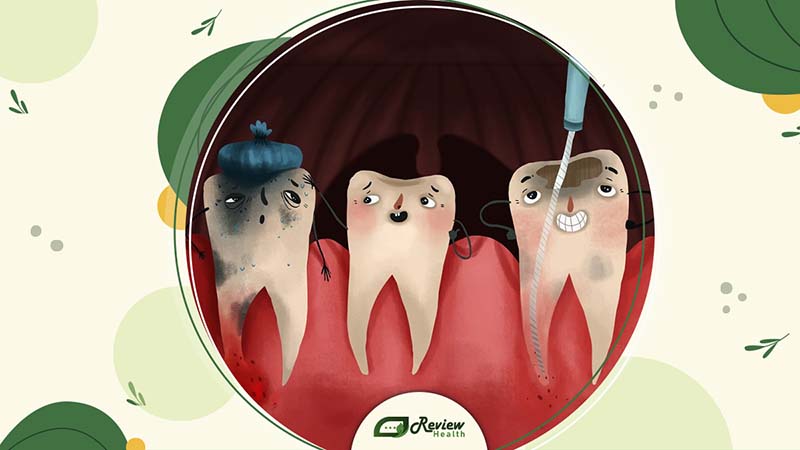
Stage 6: Periapical Abscess: Infection and Complications
A periapical abscess occurs when the infection spreads from the dead pulp to the root tip, forming a pocket of pus. This can cause severe pain, swelling, and systemic symptoms if the infection spreads further. Immediate dental care is crucial to drain the abscess and address the infection.
Stage 7: Tooth Loss: The Final Stage and Its Consequences
The last stage of tooth decay is tooth loss, which happens due to the destruction of the tooth’s supporting structures by infection or decay. Tooth loss can lead to difficulties in eating, speech problems, and other dental issues like misalignment of remaining teeth. Replacing lost teeth with dentures, bridges, or implants is essential to restore function and prevent complications.
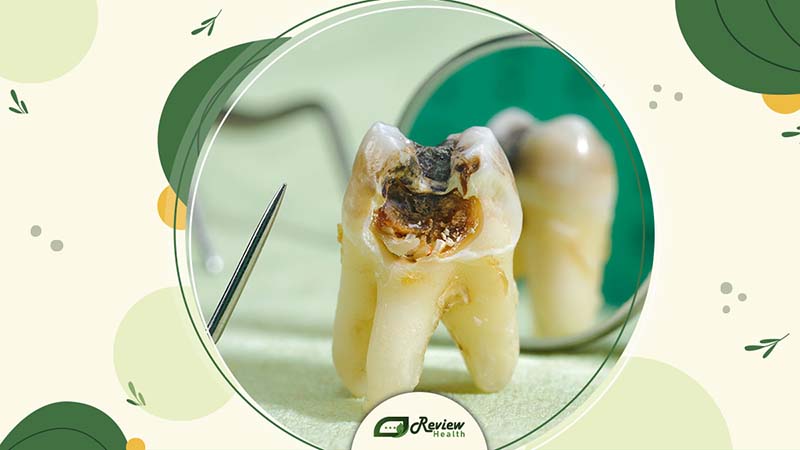
How to Prevent Tooth Decay
Maintaining good oral hygiene is crucial for preventing tooth decay. Here are some effective strategies to safeguard your teeth from damage caused by decay:
Regular Dental Check-ups: Seeing your dentist regularly is key to identifying and treating tooth decay early on. Schedule routine teeth cleanings and oral exams to keep your dental health in check.
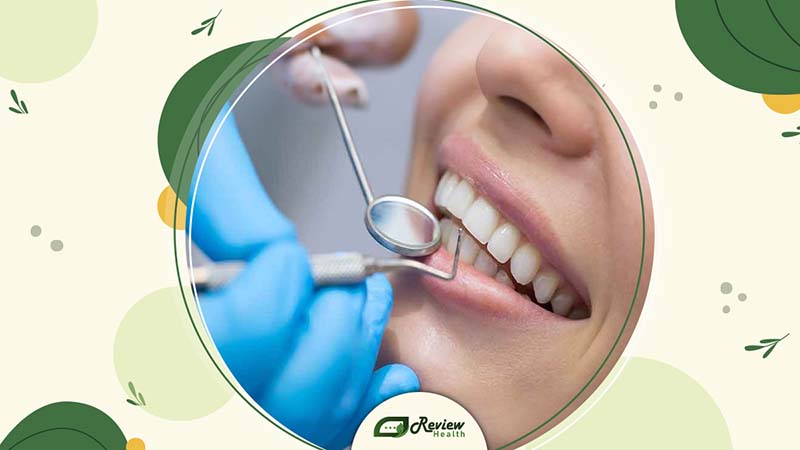
Brush Your Teeth: Make it a habit to brush your teeth at least twice a day, preferably after meals. Use a toothpaste that contains fluoride, as it helps strengthen your enamel and protects against decay.

Limit Sugar Intake: Minimize consumption of sugary foods and drinks such as candies, cookies, and soft drinks. Excess sugar provides fuel for bacteria in your mouth, leading to acid production and tooth decay.

Drink Tap Water: Opt for tap water over sugary beverages. Most tap water contains fluoride, which is beneficial for maintaining strong enamel and preventing decay.
Avoid Frequent Snacking: Try to reduce between-meal snacking, as it exposes your teeth to more sugars throughout the day. This gives bacteria in your mouth more opportunities to produce acid and cause decay.
Consider Sealants: Ask your dentist about dental sealants, which are thin plastic coatings applied to the chewing surfaces of molars. Molars have deep grooves where food particles can get trapped, increasing the risk of decay. Sealants create a protective barrier, preventing decay and reducing the likelihood of cavities.
Incorporating these preventive measures into your oral care routine can significantly reduce the risk of tooth decay, helping you maintain a healthy smile for years.
Conclusion
Understanding the stages of tooth decay is essential for prevention and treatment. Early intervention in the progression of tooth decay can prevent irreversible damage, with treatment options ranging from fluoride treatments to root canals depending on the stage. At Review Health, we emphasize the importance of adopting preventive measures such as regular brushing, reducing sugar intake, and consistent dental check-ups to protect your oral health.

